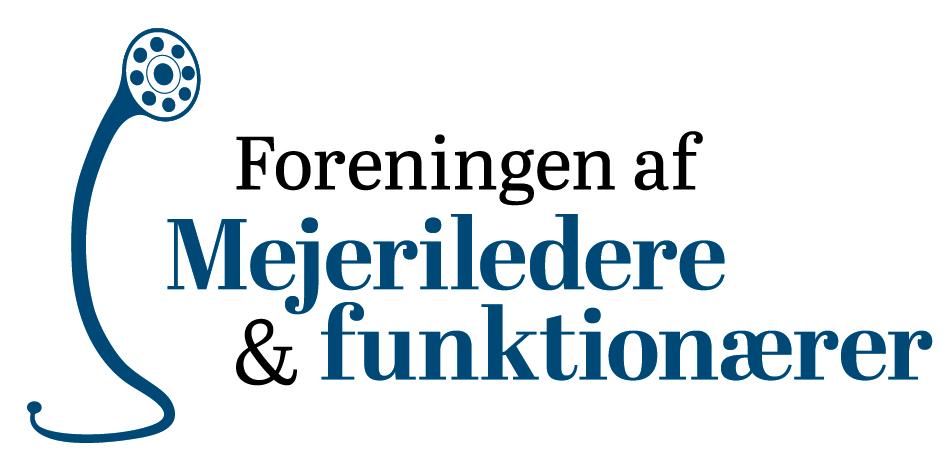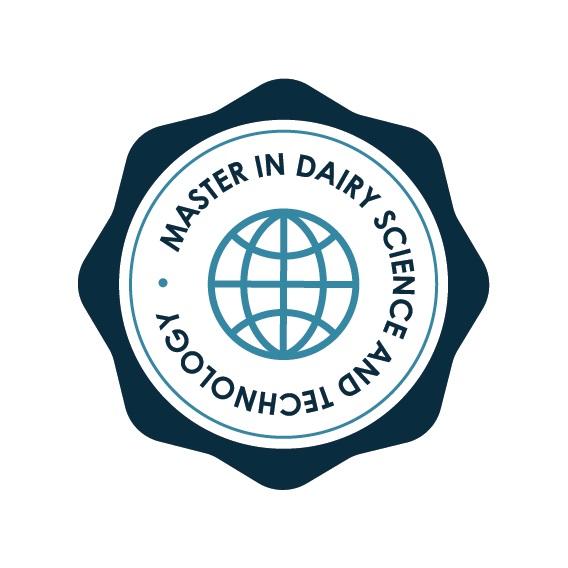
Category:
Time:
Since dairy products are important contributors to the intake of saturated fat in the Western diet, the general recommendation is reduction in intake of high-fat dairy products. However, the effects of dairy products on cardiovascular disease risk is still unclear. In fact, a meta-analysis of prospective cohort studies showed a modest inverse association between dairy intake and risk of cardiovascular disease. Since these products possess different characteristics it might be important to examine them separately for disease risk. However, very few studies have specifically evaluated the relation between fermented milk intake and cardiovascular disease risk.
Among 26,445 individuals from the Swedish Malmö Diet and Cancer cohort, consumption of dairy products was inversely associated with risk of cardiovascular disease. Among the specific dairy products, a protective relationship was observed only for fermented milk. The highest vs. lowest intake category of fermented milk was associated with 15% decreased risk. Cheese intake was significantly associated with decreased risk in women only. Interestingly, we observed lower degree of insulin resistance among subjects with high intake of fermented dairy products. A protective association with high intake of fermented milk was also observed in another study, where lower intake of fermented milk was observed among Swedish men that subsequently had a myocardial infarction compared to healthy controls. High fermented milk intakes were associated with healthier food habits in our study, e.g. higher intake of fruit, vegetables, whole grains and fish. Therefore, it may be difficult to separate out the effect of fermented milk intake from the entire lifestyle and food pattern. In addition, the impact of dairy foods may be more pronounced in different dietary contexts. Our study suggests that it is important to examine dairy products separately, especially fermented and non-fermented milk products, when investigating their health effects.













































 Munkehatten 28
Munkehatten 28